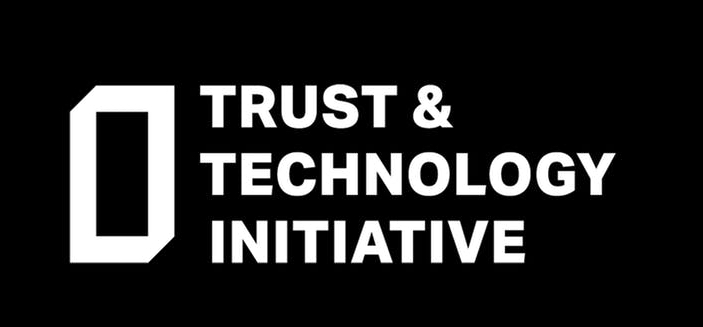Behind Cambridge Analytica lay a bigger threat to our democracy: Facebook
First published in The Guardian on 15 Oct 2020
Jennifer Cobbe
The information commissioner (ICO), the UK’s data protection regulator, has concluded its long-running investigation into Cambridge Analytica. As had been expected by many, this found no smoking gun. Despite concerns about its data practices, the short-lived political consultancy ended up functioning as a distraction. But there are still real reasons to be concerned about the impact of tech companies – notably Facebook – on our democracy. We need to confront their surveillance business models, their increasingly central position in digital society, and the power they now hold as a result.
In the 2016 US elections, Cambridge Analytica used commonplace data science techniques to predict voters’ political views and target them with adverts on Facebook. Its involvement in the UK’s EU referendum, the ICO concludes, extended to limited work with Leave.EU analysing Ukip membership data. It did, the ICO found, have shoddy data practices, but there were seemingly no significant breaches of the law. Despite the temptation to see the hidden hand of nefarious actors, there is, so far, little evidence to suggest any Russian connection.
The scholar Evgeny Morozov writes about “technological solutionism”, where problems with complex socioeconomic origins are claimed to have simple technological solutions. We saw a kind of inversion of this after 2016: problems with complex socioeconomic origins were claimed to have simple technological causes. This requires magical thinking about new technologies’ capabilities, and too many bought Cambridge Analytica’s snake oil, as if one shady company could bend the electorate to its will with its spooky tech tools. In fact, what Cambridge Analytica did in the US has been part of political campaigning across parties and around the world for years.
There are legal and ethical concerns about how micro-targeting is used across the political spectrum. Since they potentially allow campaigns to slice and dice the electorate, dividing voters into small groups, and are usually transient and fleeting, micro-targeted adverts can also be difficult to scrutinise. Particularly troubling is the prospect of campaigns using these tactics to suppress turnout among supporters of other candidates. Indeed, that was part of Trump’s digital strategy in 2016. Anyone who values healthy democracy should find this concerning. But Cambridge Analytica played only a small role in Trump’s campaign. In fact, you don’t need Cambridge Analytica to do anything at all – Facebook gives you all the tools itself.
Facebook talks a lot about bad actors misusing its platform, but the biggest bad actor on Facebook is Facebook. Among many other criticisms, its advertising tools have been found to help target antisemites, discriminate against minority groups, and spread disinformation. Although it has tinkered around the edges, Facebook has done little to seriously address these or other problems at their source.
Facebook addresses symptoms rather than causes because its problems are in its DNA, central to how it makes its money. Its business model involves analysing data about everything its users do and using the insights gained to allow advertisers to target them. But Facebook is not the only company that does this. Surveillance capitalism, as it’s known, is the dominant way of making money from the internet. As a result, the web is now a global surveillance machine, fuelled by industrial-scale abuse of personal data.
These companies have voracious appetites for expansion in search of data to analyse and users to target. They have strategically positioned themselves in the centre of society, mediating our increasingly online reality. Their algorithms – far from being neutral tools, as they claim – are primed to keep users engaged with their platforms, regardless of how corrosive the content for doing that might be. As a result, some platforms’ algorithms systematically recommend disinformation, conspiracy theories white supremacism, and neo-Nazism, and are ripe for manipulation.
This raises questions that need answers – about the role of increasingly powerful tech giants in our society, about their surveillance and attention business models, and about the many opportunities for abuse. Although Cambridge Analytica was overblown, there are real problems with the power that Facebook and other platform companies hold over our democracy and in our society. Facebook has belatedly followed Twitter to announce that, in the US, political advertising will be banned on its platform (albeit after the upcoming presidential elections), but these should not be their decisions. Private companies prioritising profit shouldn’t be left to regulate our political processes.
Yes, these are private businesses, but they now play fundamental roles in our digital society. Interventions are needed to protect the common good. We need to address the surveillance business models, the widespread privacy violations, and – most of all – the power of platform companies. At a minimum, behavioural advertising should be banned; other, less damaging forms of advertising are available. The algorithms platforms use to recommend content should be heavily regulated. Responses from competition law, data protection law, and other areas are also sorely needed to curb the power of platform companies. More ambitiously, a wholesale restructuring of the platform ecosystem may be required.
With the Covid-19 pandemic forcing much of daily life online, these questions are more urgent than ever.

